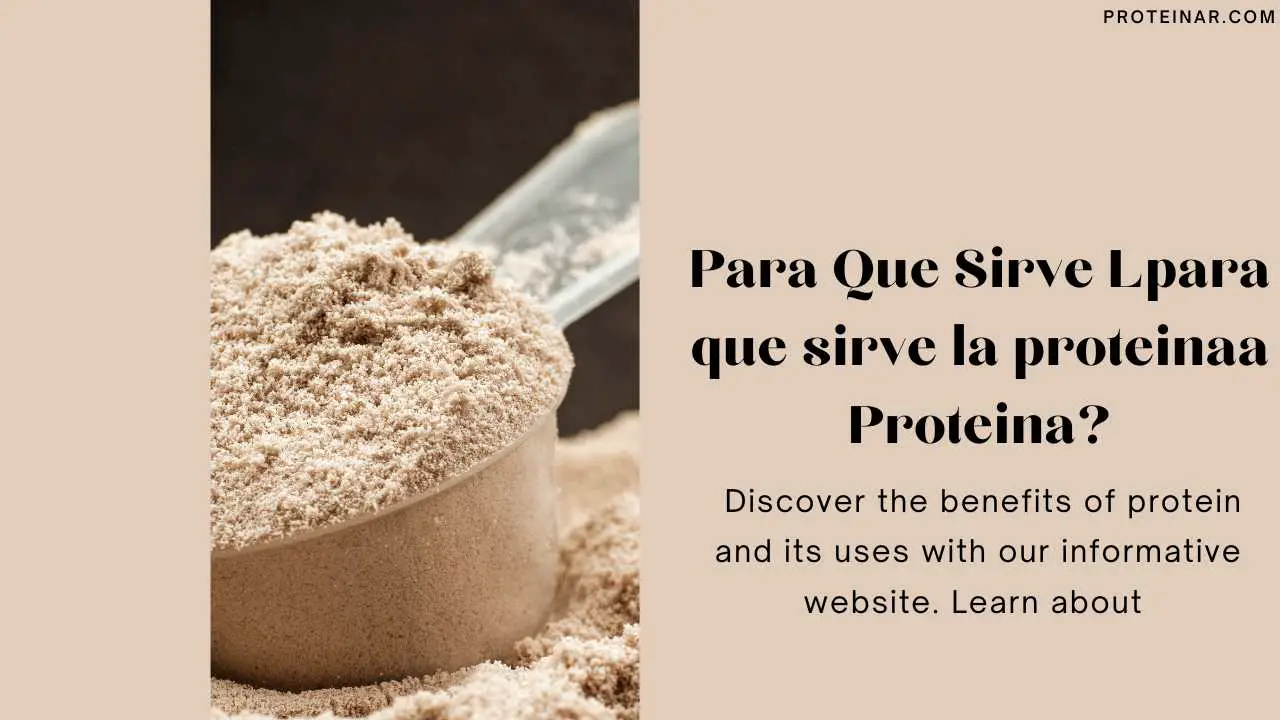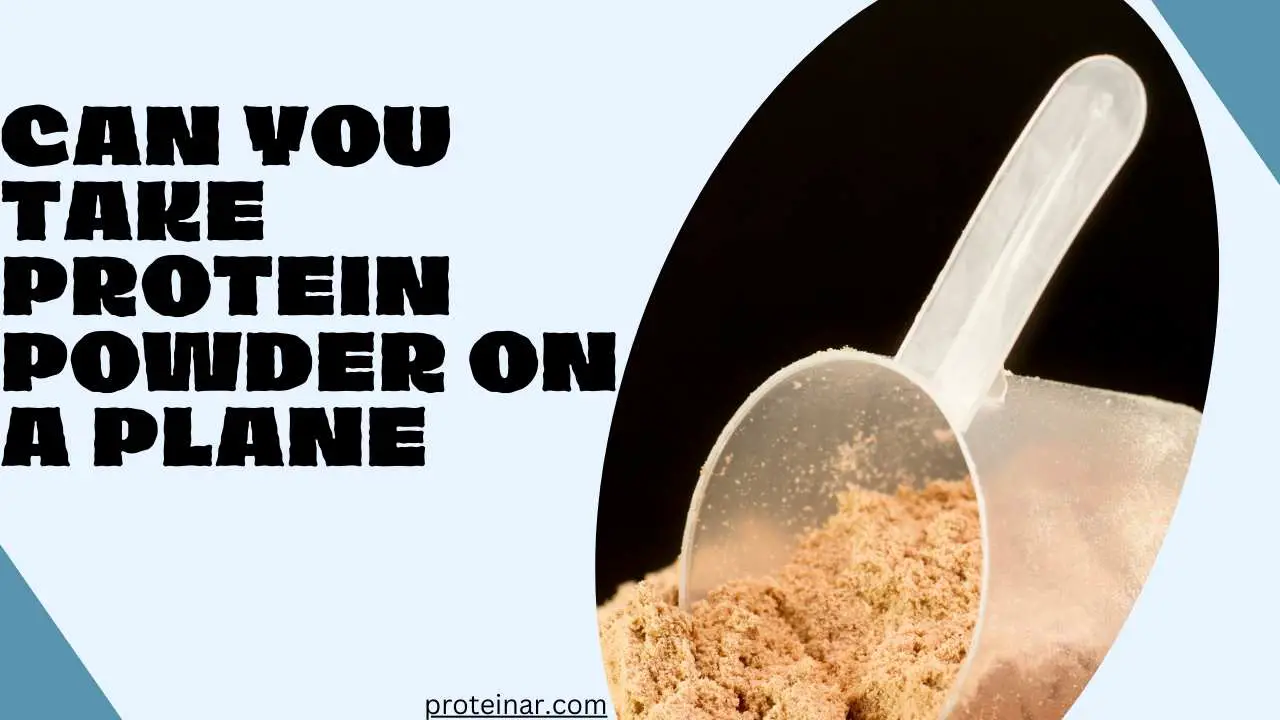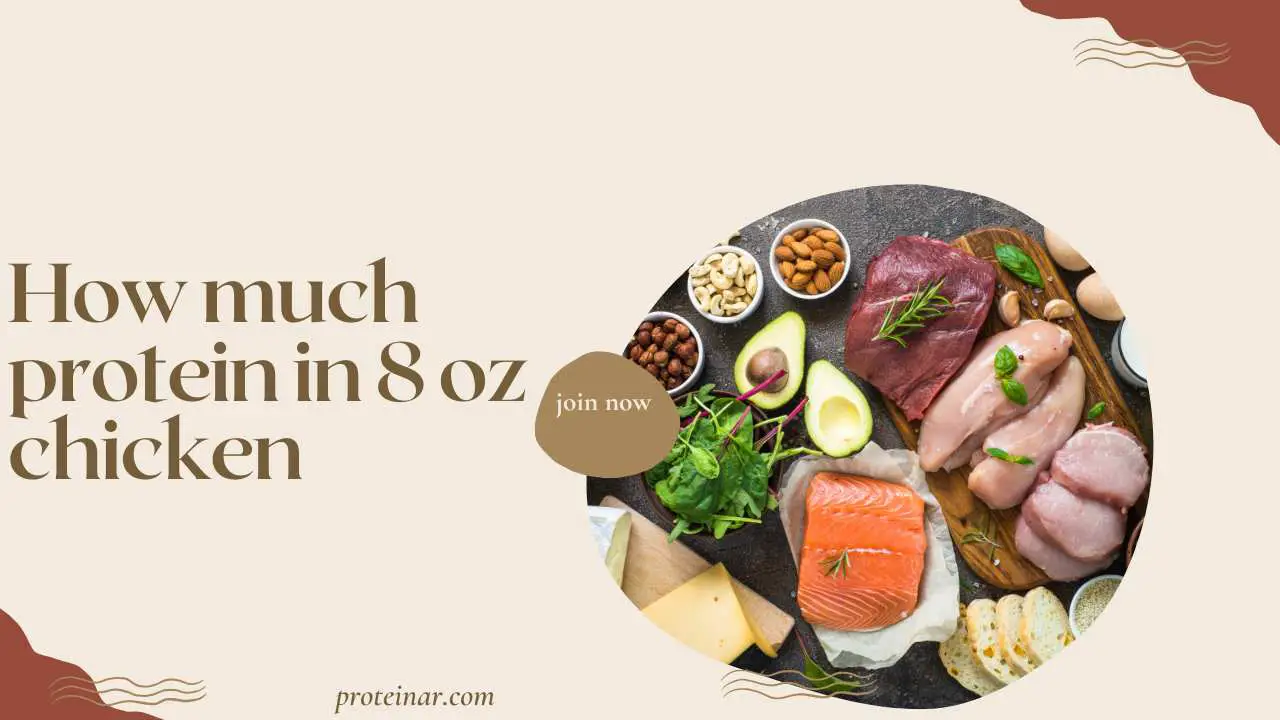Para Que Sirve LA Proteina: Unlocking Vitality

Para Que Sirve LA Proteina are necessary macronutrients for our general well-being. It is referred to as a life-building block, and it is right so. Protein is an elemental substance in every human cell that performs many important functions. This essay will discuss what protein is, its roles in the body, why we need it in our diet, and also a contrast between animal and plant Para Que Serve LA Proteina.
What is Protein?
Protein is an essential nutrient often identified as life’s building blocks. They consist of a chain of small molecules known as amino acids that are connected together sequentially. These chains fold into intricate shapes that determine the particular function of a given protein. A closer look at protein will show as follows:
- Function: Proteins serve various functions within the body, including:
- Building and repairing tissues such as muscles, bones, skin
- Producing enzymes that are required for chemical reactions
- Forming hormones that regulate numerous processes
- Supporting immunity through antibody production
Maintaining fluid balance
Structure: All proteins are composed of 20 different types of amino acids, while their shape and role depend on how they are arranged. You can get your protein from several dietary options:
- Animal sources (meat, poultry, fish, eggs, dairy) are said to have complete proteins since they possess all essential amino acids.
- Plant-based sources include legumes, soy products, nuts, seeds, and whole grains. You may need to mix these sources to get all essential amino acids.
- Importance: Having enough protein keeps you healthy. Below are some possible advantages of proper intake of protein:
Muscle growth and repair
- Weight maintenance (gives a feeling of satiety)
- Bone density enhancement
- Quick recovery after exercising.
Tell me if there is more you want me to talk about regarding proteins; like different sources or daily recommendations for example.
Benefits of Protein Beyond the Muscle
Though it dominates discussions on muscle gain and recovery; other than gym tasks there are numerous other aspects of protein. Further, we will delve into the myriad ways that protein is beneficial to health and wellbeing as a whole. If you interested Protein recipe-related knowledge.
Muscle Growth and Repair
One of the most recognized functions of protein is its role in promoting muscle growth and repair. After an intense workout, protein helps repair tiny muscle tears from exercise. This lets muscles grow bigger and stronger.
Weight Management
Protein plays a key role in weight management because it has a filling effect. High-protein diets help suppress appetite and increase satiety. This helps cut calorie intake and leads to weight loss and maintenance.
Immune Function Support
Various proteins are essential in ensuring that the immune system works properly. The body uses proteins. These include antigen-specific antibodies, cytokines, and immune system modulators. They protect against infections from pathogens.
Functions of Protein in the Body
There are limitless roles played by proteins within our body systems. These activities include developing new tissues or fixing damaged ones. This is done through various physical activities like working out or injuries. Moreover, protein contributes greatly to maintaining good immune system functioning. These proteins, referred to as antibodies, make our bodies fight off any infections and diseases. It also makes enzymes and hormones. These are needed for eating and growing during digestion and metabolism.
The Importance of Protein in a Healthy Diet
Protein is a super nutrient that is vital for maintaining a healthy body. Here’s why protein is so important to your diet:
Building and Repairing Tissues
- Proteins are the building blocks of our bodies. They make up muscles, bones, skin, hair and nails.
- Children and adolescents need protein to support their rapid growth as new tissues are formed.
- Throughout life, there is always a need for protein in order to keep repairing damaged body tissues. For example, proteins help repair muscles after working out.
Enzyme Production
- Enzymes are big proteins. They speed up many reactions in living things.
- Enzymes are in many body processes. They help with digestion, nutrient absorption, energy production, and waste removal.
- Still, without enough protein, some hormones won’t be made. This disrupts these vital functions.
Hormone Formation
- There are numerous hormones that are made from proteins, such as insulin and growth hormone.
- These hormones monitor metabolism. They regulate blood sugar. They control cell multiplication and reproduction.
- Having enough protein ensures good hormone levels. It helps keep hormones balanced and supports body functions.
Immune Function
- Antibodies which act as fighters against pathogens that cause infections in the human body form part of proteins meant for immunity purposes.
- Adequate protein consumption is necessary for robust immunity; it enhances the production of antibodies needed to fight off illnesses caused by germs or viruses.
Fluid Balance
- Protein helps regulate fluids inside your whole body. It helps move fluids between vessels and tissues when required.
- For effective distribution of fluids all over the body, thus preventing localized regions from dehydration or bloating, a proper amount of protein should be provided.
Animal vs Plant-Based Sources of Proteins
Animal-based sources like meat, poultry products, fish, eggs, and dairy products can provide you with protein. This type can be called a complete protein that contains all the necessary amino acids. Another type of protein is incomplete – it does not have one essential amino acid or more. Nevertheless, these can be combined to get enough of the required amino acids for better health. Furthermore, plant-based proteins are also low in saturated fats and cholesterol, while they have more fiber and antioxidants.
Optimal Protein Intake: How Much is Enough?
People require different amounts of proteins depending on their age, sex, weight, and exercise level. The amount of proteins needed by an inactive individual will be different from that needed by a person who practices CrossFit regularly. Here’s how much protein each group needs.
Protein for Athletes
For athletes who take part in regular intense exercises, their bodies need more reparative nutrients including proteins. Usually the athlete’s requirement would range between 1.2 to 2.0 grams per kilogram of body weight.
Protein for Health-Conscious Individuals
People who are maintaining health through moderate training should strive to consume at least 0.8gms/ kg BW as stipulated by the RDA guidelines.
- Protein for Fitness Enthusiasts
- Common Myths about Protein
There are several misconceptions about protein.
There are a number of misconceptions about protein. One of the most popular myths is that taking too much protein will always lead to an increase in muscle size. It is true that proteins are important for building muscles, but if no exercise program is being done and the dietary nutrition is not adequate, then consuming a lot of them will be futile.
It is a misconception that animal-derived products have superior nutritional values than plant-based alternatives. Moreover, one should know that it is possible to obtain all essential amino acids easily by combining various plant sources of protein, as mentioned above.
Lastly, many people think that only athletes or those individuals engaged in intense physical activities need proteins. This is untrue since protein has various roles for everyone, even those who haven’t done much activity all their lives.
Frequently Ask Question
Can I get enough protein on a vegetarian or vegan diet?
Yes, a sufficient amount can come from using different plant-based foods as a source of protein and ensuring balanced essential amino acid intake.
Can protein help me lose weight?
Protein helps weight reduction because it increases satiety levels while reducing hunger sensations and energy expenditure during the digestion process; however, one must take other nutrients into consideration.
How can I increase my protein intake without consuming excessive amounts of meat?
A variety of vegetarianism-friendly sources include legumes like lentils, nuts- peanuts mostly, and seeds like flaxseeds and chia seeds; moreover, tofu, which tastes like meat but is made from soybeans, also adds up some grams to your daily consumption, not only relying on flesh for food.
Conclusion of Para Que Sirve LA Proteina
Para Que Sirve LA Proteina is an important nutrient involved in promoting good health and well-being among human beings globally. It plays crucial roles in several vital body processes, including restoring broken tissues, protecting us against diseases as well as aiding the synthesis of hormones such as testosterone. Our brains rely on getting enough, so eating right can make us strong; this may help you in weight reduction, too!
Whether one consumes animal or plant protein sources, a diet should be balanced and diverse to suit individual protein demands. By embracing the significance of protein in our lives, we stand to gain from its numerous benefits.
Credit:NeofitTv




